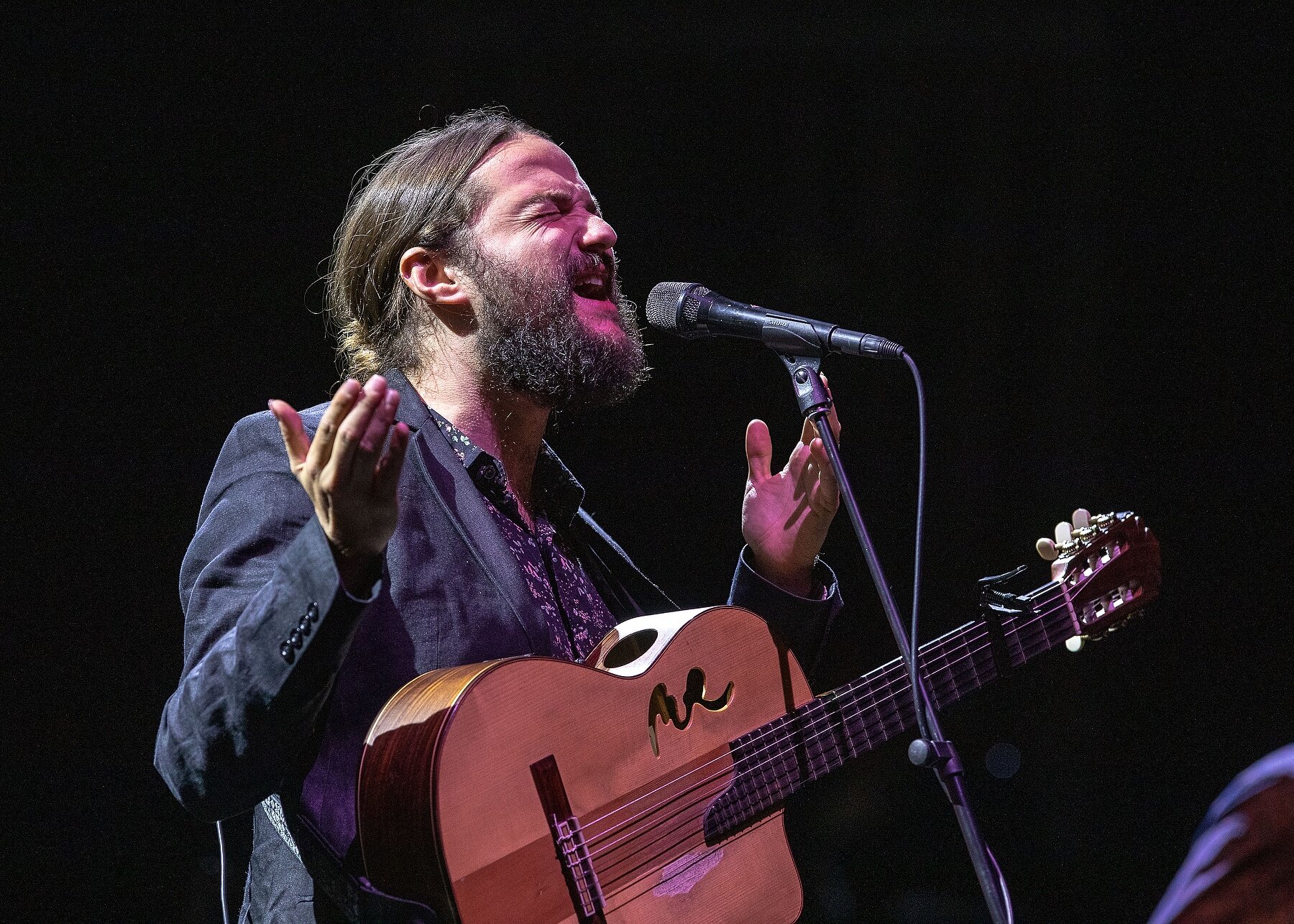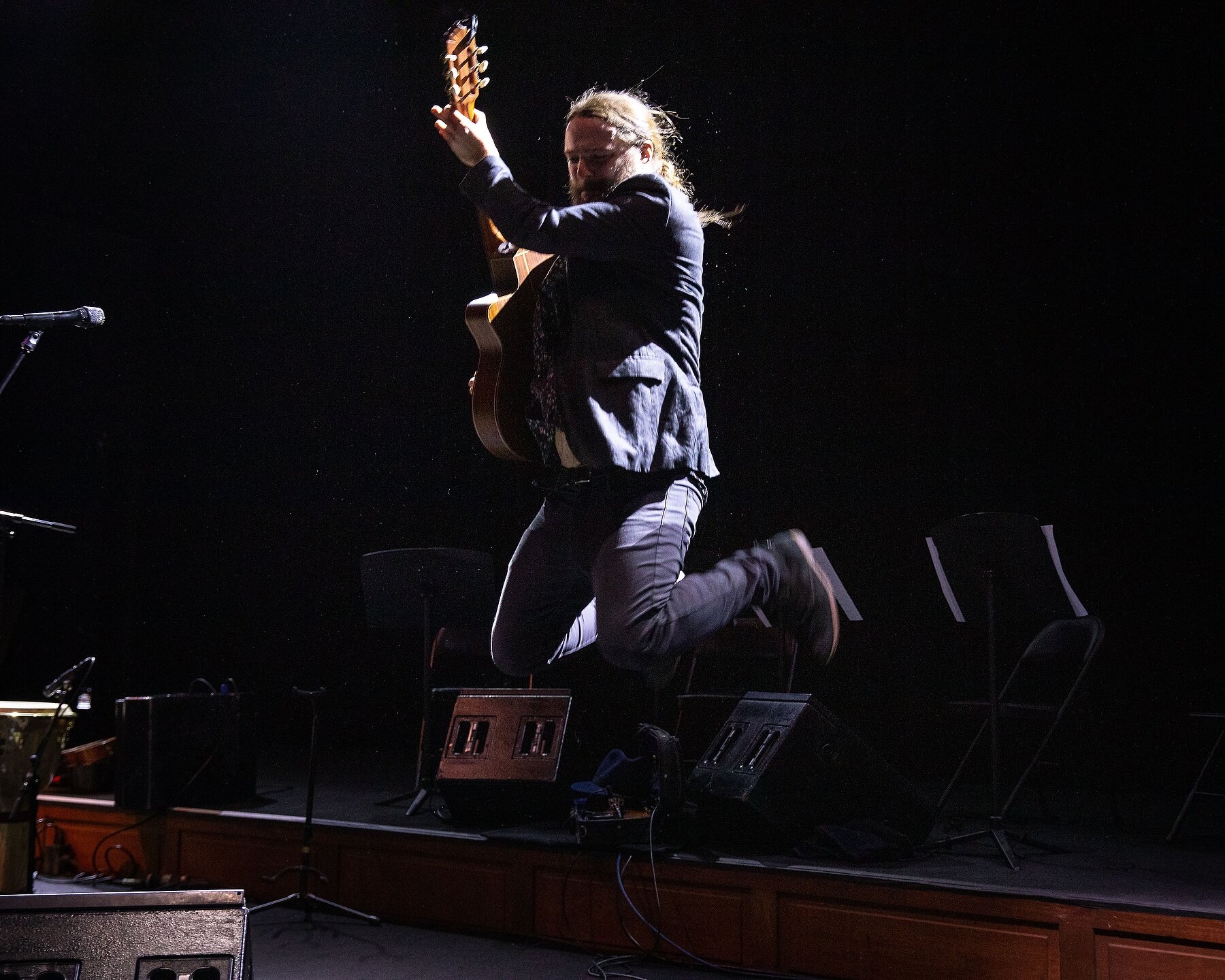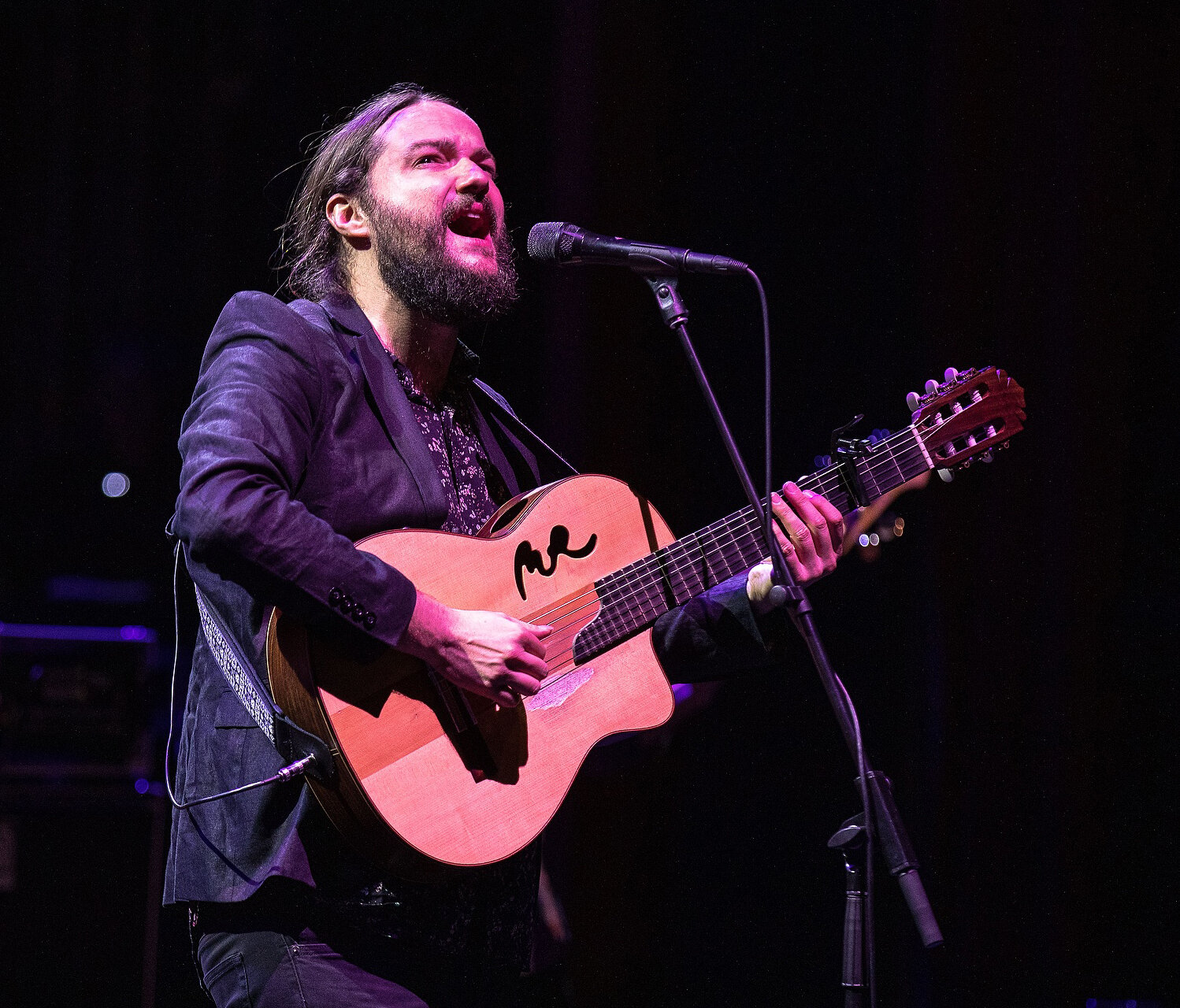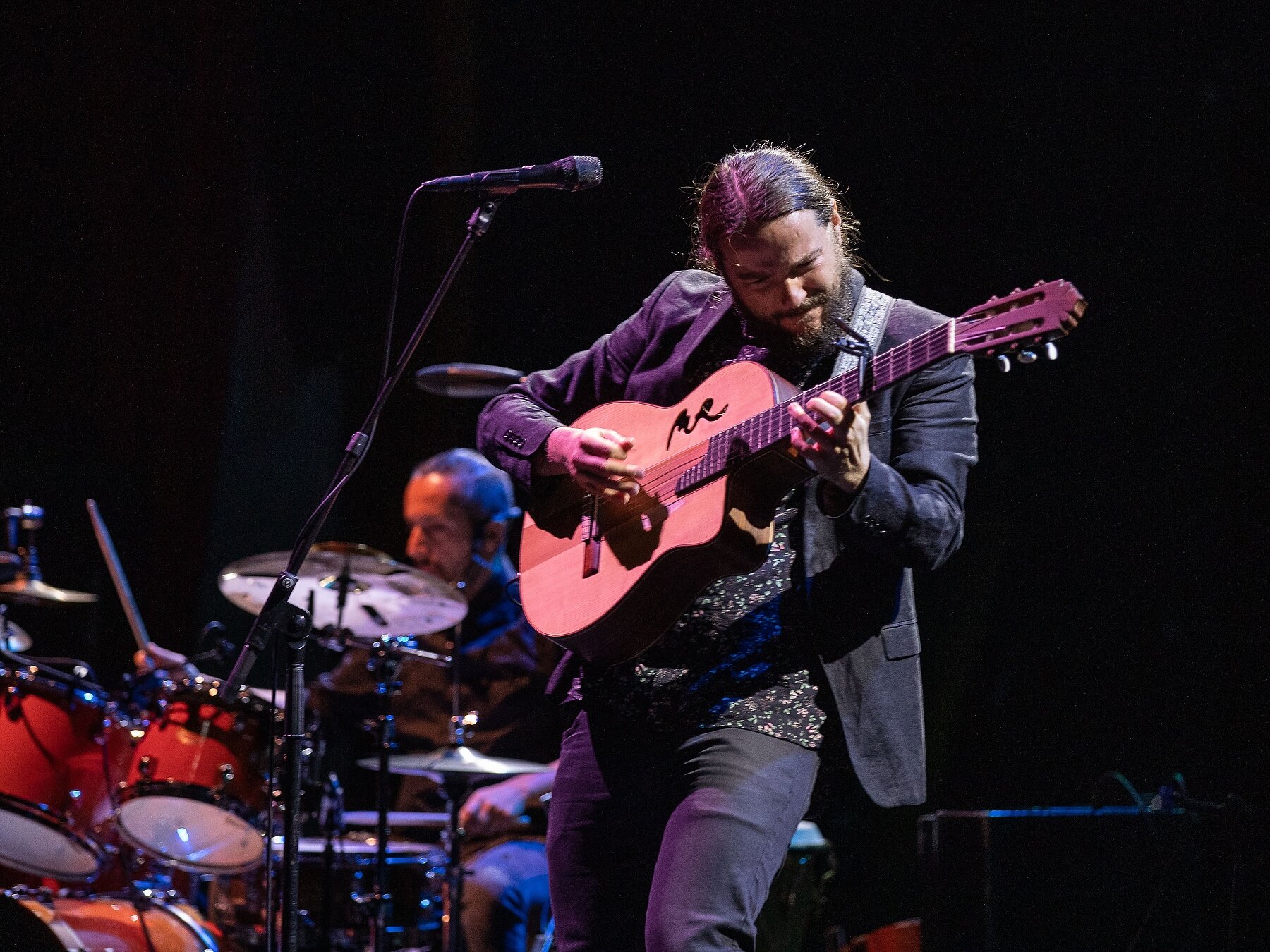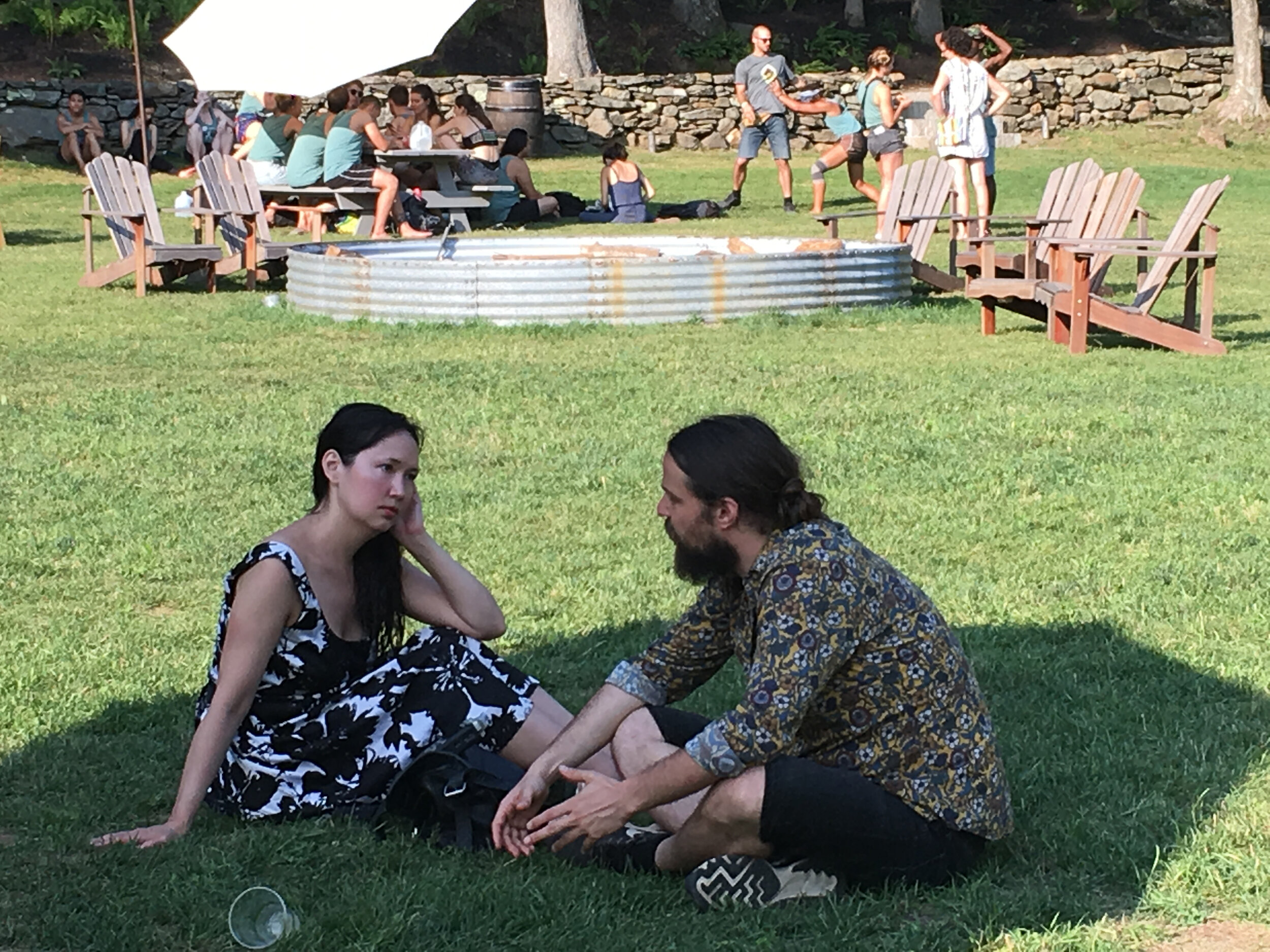Political, outspoken and passionate, Chilean singer-songwriter and activist Nano Stern has created his own musical language – an otherworldly sound that blends the youthful exuberance of folk music mixed with years of classical and jazz training against the powerful force of traditional Chilean revolutionary songs. What has emerged is a brilliantly layered confluence of indigenous African, European and North and South American musical influences that reverberate with a soulfulness and originality unlike any other South American artist performing today. He appeared with Joan Baez in 2016 at her 75th birthday celebration at the Beacon Theater in New York where she praised him as the best young Chilean songwriter of his generation.
NANO STERN
When art forms become set, they become part of a certain dogma, whereas oral art is malleable and constantly changing. There is not the equivalent of a conservatory for this because there is nothing to be conserved, in a way. It's an organic or living thing the tradition. It's unknown where it comes, who created this, you don't really know. And therefore there is no author and no authority. It's just a matter of respect and also of rebellion. I think there is a balance for those two when you're doing anything related to tradition. And everything is related to tradition, it's just that sometimes we're not aware...Every single word that we say etymologically means something else. There is a metaphor to every single word that we say, we're just not aware. But if we were aware, then it would become very interesting. And that's the quest for me to be constantly more and more aware because it's so beautiful. It's a quest for beauty as well.
Décimas is one of many stanzas in Spanish poetry, but it's a very special one because it's very old. It comes from the 1500s. And it traveled all through the different territories that the Spanish conquered. So, from Spain, it spread through all Latin America, from Mexico to the Caribbean to the point of Patagonia, but everywhere in a different way. And everywhere the tradition sort of at some point is connected to each other, so it became a very local thing. And everywhere you go, it's like the most traditional local thing is the Décima, but it's everywhere as well. It's ours, it's theirs, it's everyone's. And it's a very musical form of poetry, and it has been for now five centuries the media where folk poetry has lived and a lot of improvisation as well. Improvised poetry, which makes it an oral art form, not literature. It's like oraliture.
Photos by Reed Hutchinson
This interview was conducted by Mia Funk with the participation of collaborating universities and students. Associate Interviews Producer on this podcast was Caroline Val. Digital Media Coordinator is Yu Young Lee.
Find us on Apple Podcasts, Spotify, Google Podcasts, Podcast Addict, Pocket Casts, Breaker, Castbox, TuneIn, Overcast, RadioPublic, Podtail, and Listen Notes, among others.
Mia Funk is an artist, interviewer and founder of The Creative Process.




